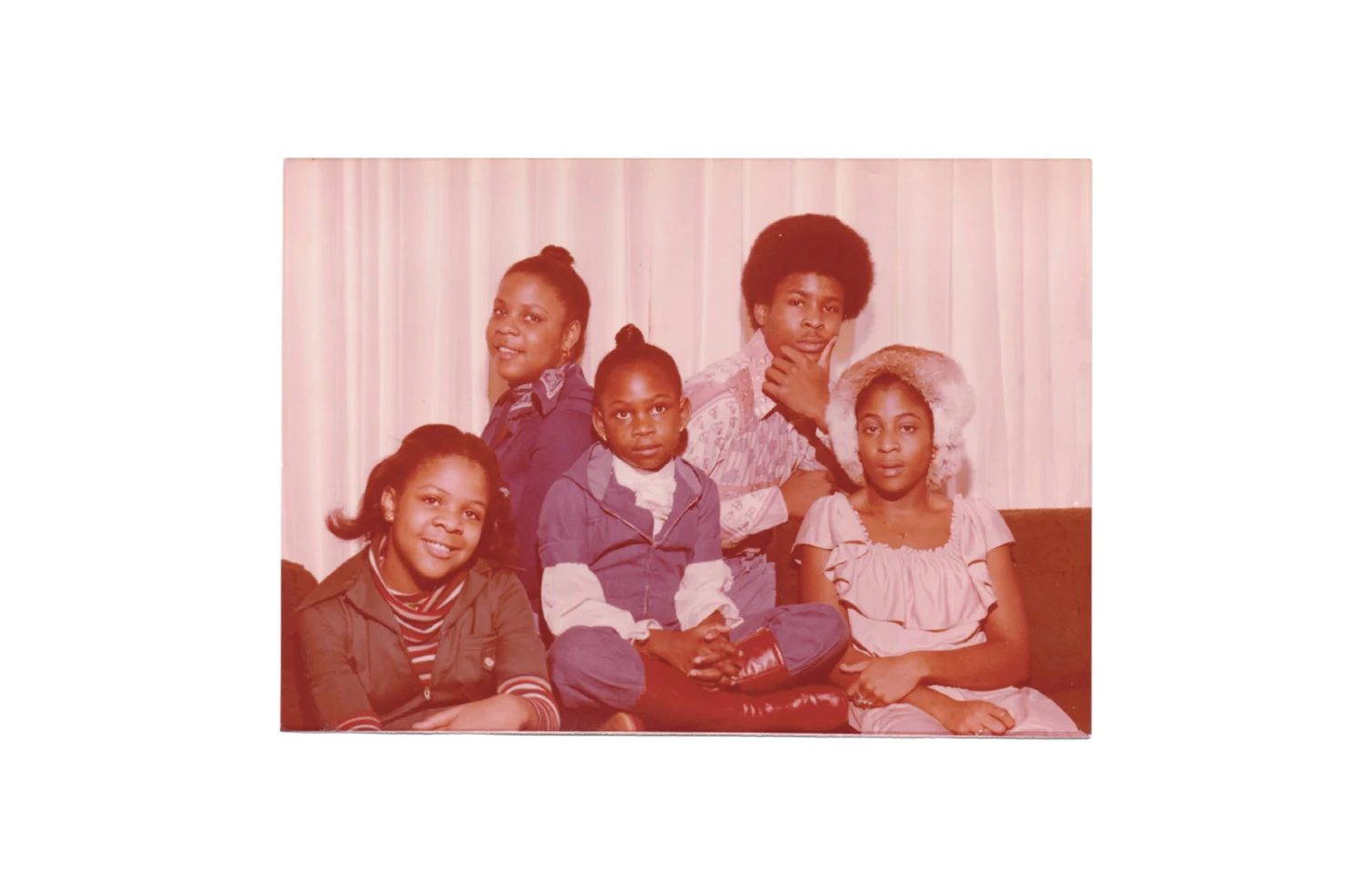black motherhood: my mother’s name is Nada. it means “nothing.”
A parable and a proverb are hidden in what I say—an intriguing riddle from the past. I will utter things hidden from of old—the things we have heard and known, things our ancestors have told us. We won’t hide them from our children. We will tell the next generation. We’ll tell them of Your praiseworthy deed, YHWH, Your power, and the wonders You have performed.
The story of Israel is a lesson in Your ways. You established decrees for Jacob and established a Law in Israel. For perpetuity, Your ways will be passed down from one generation to the next, even to those not yet born.
In this way, every generation will have a living faith in the laws of life and will never forget Your faithful ways. By following Your ways they will break the past bondage of their fickle ancestors who were a stubborn, rebellious generation and whose spirits strayed from the eternal Divine. They refused to love the Beloved with all their hearts.
Psalms 78:2-8
From the time I was a just a wee little thing, my mother and I came to a mutual understanding that although I was her daughter, she would never really be anyone’s mother. The name was as arbitrary a title as any other she wore. Nada, their Daughter. Nada, his wife. Nada, his lover. No title would prove faithful. And we all said, “That’s just Nada.”
When I was a mother with my own daughter, I wore my title like new skin. I had to make up for all the lost things. Though I told myself, promised myself, that I would try not to be that woman. I would not be that woman who drowned my perfectly good bits with a gravy boat full of thick mothering. I would not smother. I would not drown the poor little thing. I would not cover her mouth with mine and suck up all the life between us. Many times I know I came dangerously too close to forgetting my “self” and gobbling my beloved in big gulps. I love her so and I love being her mother.
Sometimes I just stare at my daughter like I did when she was a baby. Oh, the luxury of just holding and watching her back then, knowing that she didn’t care that I was intensely watching her coo at the ceiling fan, or cram her toes into her mouth, or slowly, steadily fight sleep. Even now, I love watching her with her head tilted, lost in thought, her doe-eyes cast to the ceiling wondrously watching her own invisible thoughts form and swirl, form and swirl. It doesn’t matter that she’s 17 and most of the time catches me prying—okay preying. I’m pathetic. No, not pathetic. Love sick? I wonder. After all these 17 whizzing years, she’s still 3 days old. I can feel the weight of her in my arms, the warmth. Just as I did then, I want to know what she is thinking.
Every now and again, when I was 17 and in full bloom, I would catch my mother staring at me and my skin would grow cold. I knew she wasn’t wandering down a lane of memories of bath times and story-readings and tuck-ins. She’d never done those things. There was no shimmering nostalgia glinting in her eyes. She was sizing me up. My face against her face, my breasts against her breasts, my hips against her hips, my skin against her skin—my woman against her woman. And I was winning because I possessed that magic bean of growing older and being younger at the same time. She was only growing older.
I do not think my mother knew what she missed. I don’t think she ever knew how adorable slippery toddler bodies could be when covered in suds and waiting to be dried and pressed into hugs and swept up into swinging arms that would nestle them into bed. She never knew what it looked like to see two sleepy brown eyes snap open—open, open one last time before succumbing to dreams. I don’t think she ever knew what it felt like to catch a kid at full speed, running towards her, full-weight—a whole 25 pounds—a careening cargo of blessing, giggles and kisses.
I know it all sounds so naive and idyllic. I know motherhood is more than the sweet stuff. I know and have witnessed that motherhood is projectile throw-up and skinned knees and boogers and snot and piles of laundry and boys who kick in all the basement windows and teens who smoke weed and sneak boys through their bedroom windows and arrive home escorted by the police, or not at all, and steal your money from your purse while you are sleeping and tell you there is no God and curse you and the day they were born as you drive them to rehab. I know motherhood happens behind bars and across courtroom tables and beside hospital beds with terrible diagnoses. I know all about the children that pull away from the womb too late, too soon. I know all about the children that never come, and all about the children who were there and then inexplicably gone. I know motherhood happens selecting caskets and kneeling beside graves. I know motherhood cradles urns of ashes.
Pain spares no mother—but it seems very fond of black mothers:
We die giving birth.
Our babies die without taking a single breath.
Our bodies are stressed with the weight of the lives that we carry.
Our voices are silenced from calling our wounds by name.
Our bodies are mythicized, elegized as being supernaturally capable.
My mother performed her mothering with hands that were able but unyielding. She didn’t exactly deny our obvious relationship, but she also didn’t go out of her way to make it public. She knew I was hers and, as far as she was concerned, her knowing was the only thing that mattered.
And so, I stare at my daughter. I stare at her and I wonder what she’s thinking. I stare at her. I know what I am missing.










